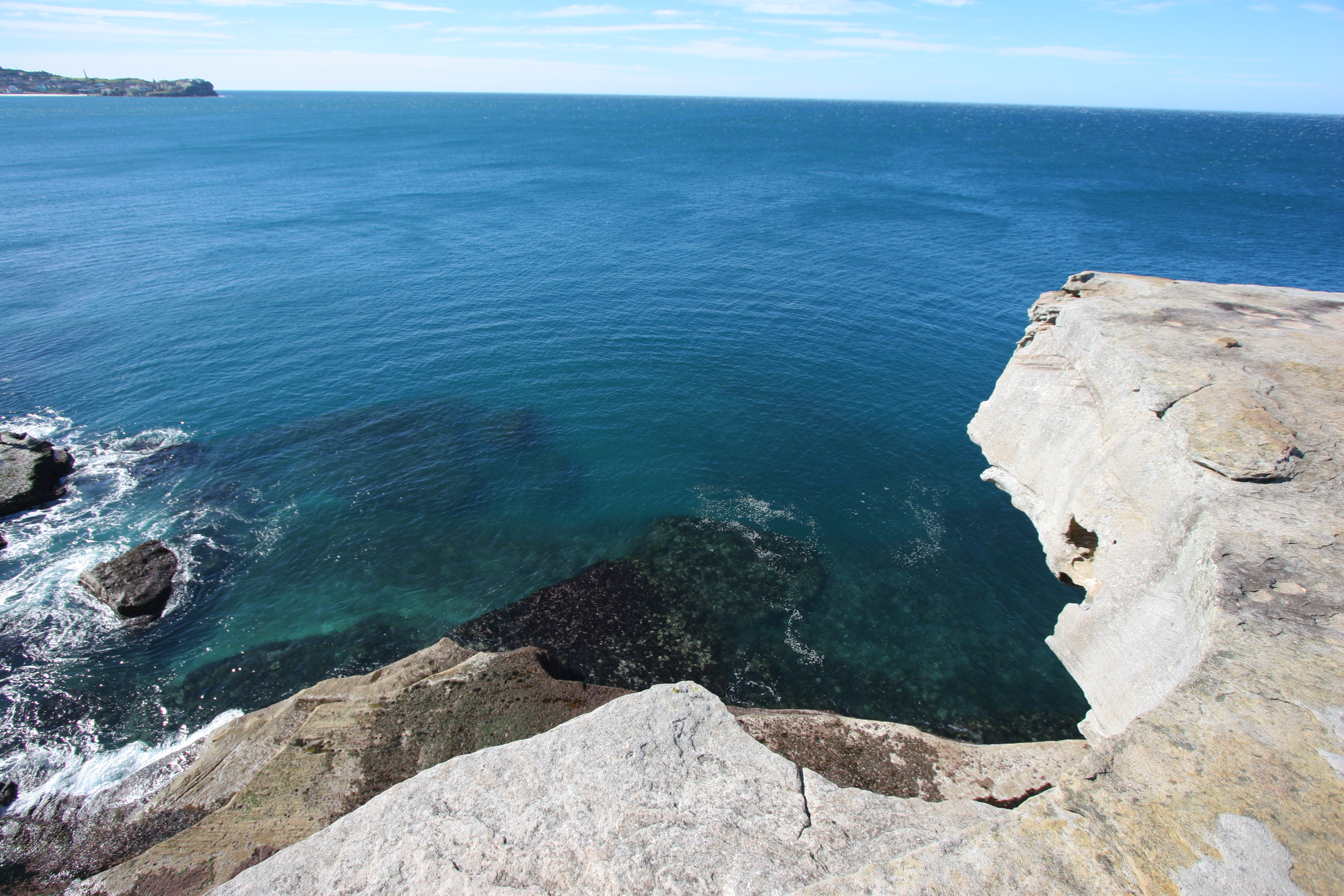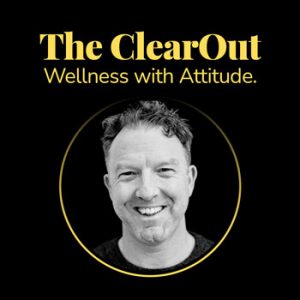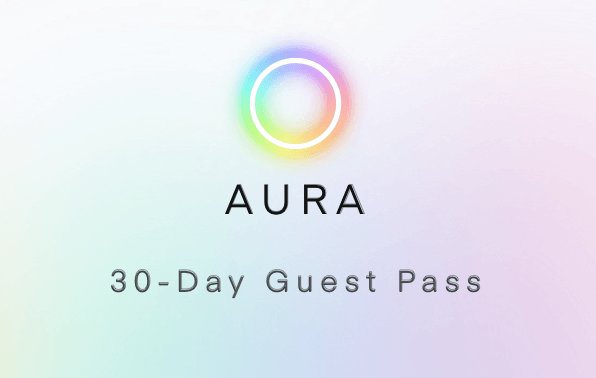“We shape the earth to suit us. Dolphins were land animals once and they went down into the sea and they said to the ocean – ‘shape me to suit you‘.
I was in Connemara recently and I saw a dolphin and, oh, the curve of it was as beautiful as any two bars of Mozart. It was so beautiful. Like, I’ve no bone in my body that is shaped to the earth like that.
We shape the earth to suit us. That’s going to fail.
…Unless there’s wildness around you, something happens to the wildness inside of you. If the wildness inside of you dies, like, I think you’re finished.”
– John Moriarty, Irish philosopher (1938-2007)
Seeing the words above in writing alone does little to convey the eloquence and wonder with which they were spoken. For that pleasure you will have to go in search of the great John Moriarty’s voice in recorded form. A philosopher, poet, writer and onetime academic who was as often called a mystic as anything else, he advocated a return to the old wisdoms and traditions of the ancient world as a means of restoring humans to their humanity. Central to his beliefs was a reverence of and immersion in the natural world, so much so, that he effectively withdrew into a life of rural solitude at just the time when others in his situation might have striven to ascend the steps of academic celebrity. But by his own account, he seemed to recognise that he needed nourishing of a different kind, and so his retreat from civilisation was no mere ‘opting out’ but rather a profound existential quest.
That quest ultimately saw him produce his life’s work of several tomes of philosophy and two volumes of autobiography. So, fair play to him, because that must be a vindication of sorts. He returned to nature and it liberated and reinvigorated him. Without wanting to oversimplify a lifetime of erudition and scholarly, spiritual endeavour, my current perception is that Moriarty saw humans falling into one of two camps – those who transgressed the earth, and those who cherished it. That is my own crude paraphrasing of a much more textured and informed analysis but it gets to the heart of the matter I want to discuss. Which is the damage we do to ourselves by not listening to nature. And especially the damage we do by overriding nature.
I sought out the quotes above, having first heard them about thirteen years ago, because a recent train of thought triggered the remembering of them. I have great time for being away from people, especially when I can be away from people by being closer to nature. That is probably why, the vast majority of the time I swim in the sea or ocean, I do it alone. Setting out into the waves and currents of saltwater, in conditions benign and otherwise, is always a form of escape. Or retreat. Or return. I crave only the air in my lungs and the strength in my body to carry me onwards and to ensure my safe return. No company is required to enhance the experience and no discussion afterwards makes it better than it was. Wild water, open water, natural water, whatever you want to call it – becalms me.
How lovely for me. But not everyone feels the same way.
Nature, the wild, the bush, the bog, the forest, the mountain, the desert, the sea – these can be daunting, forbidding places. Places that dehumanise. Places that reflect our isolation and fear. But I believe it is a matter of perspective. And of intent. What do you expect of nature? What do you want from it? Is Nature something to be conquered, something to be brought to heel? Or is it something we can just admire and respect? What is our human obsession with making Nature a glory hunt? What possesses us to regard Nature’s wonders as notches we need to score on our belts? Do we have to become slaves to our vanity and ego or is it possible to adopt a position of listening, of silence, of humility?
The dolphins in Moriarty’s example offered the ocean their humility. They recognised that the elemental force they were negotiating with was more powerful than they were so rather than asking it to move around them, they suggested they would move amongst it.
Shape me to suit you. They basically said ‘you work on us, and then we’ll fit.’ And a dolphin is surely one of the most natural creatures to dwell in our seas and oceans, is it not? It appears to be part of the water, at one with its habitat, shaped and molded by the waves through which it thrillingly moves. And dolphins seem to speak to humans of some elemental ‘rightness’. We project onto them wisdoms and affinities that we do not so easily extend to sharks and other submarine swimmers. What do we see in these cetaceous beings? I think the answer is simple. We see nature. We see that which is natural. What is natural is fitting. And it pleases us.
Now, before you dismiss that idea as facile and mundane, I’d ask you reflect on that which is unnatural. It is more in contemplation of its opposite that we can fully understand the palpable serenity we imbibe, knowingly or not, from all things natural.
The thought process that brought me back to John Moriarty’s dolphins started a few months ago when I was reflecting on Post Traumatic Stress Disorder and Don McCullin’s famous photograph of a shell-shocked US soldier in Vietnam popped into my head. Something that hadn’t specifically occurred to me before suddenly seemed blindingly obvious: what isn’t natural traumatises us. The image of that soldier glowered in my mind’s eye, prompting a stark, matter-of-fact statement to scroll across my brain. We are not meant to kill each other.
We are not meant to kill each other.
It looks very obvious sitting there by itself. You might even be shaking your head, wondering when I’m going to tell you something you don’t know. But I am not discussing this in terms of ethics. I’m not talking about what can or cannot be justified. It’s not a matter of saying murder is wrong but taking a life in defence of your country or your loved ones or even yourself is acceptable. I’m not talking about good guys versus bad guys. What I am saying is that it is against our nature. What I am saying is that we perpetrate a wrong against ourselves when we kill somebody. No matter what. If killing was natural, no soldier would ever need counselling. Perhaps no soldier would suffer from PTSD. But of course, for a soldier to be effective, he or she has to be put into an unnatural state so that they can, ironically, preserve their humanity. The only way to survive the horror of what they must do and what they must see, is to become dehumanised.
I suggested a reflection on what is unnatural. Well, killing a fellow human being, regardless of whether you are a soldier or a policeman or a murderer or a reckless driver or whatever, is an obvious aberration of nature. But so is child abuse. So is sexual assault. So is battery. So is addiction. So is human trafficking. So is exploitation. So is cruelty to animals. And that list could go on and on. But what of more prosaic aberrations that do not entail physical harm or the loss of life?
In recent weeks, emanating from the upper realms of management in my workplace, I have been exposed to evidence of the most staggering ineptitude. The details are immaterial but my conclusion is that somebody, somewhere, has ended up in a career that categorically does not suit them. They are in a state of ‘un-nature’. The result is they are operating in a state of shock, which is no state to be in. Effective decision-making becomes an impossibility, permitting the ripples of dysfunction to destabilise everything and everyone they come in contact with. It is not the first time I have encountered that particular scenario and it makes me wonder about how natural the pursuit of wealth is. We want wealth to be secure. Security seems like a natural objective as it relates to community and cohesion. But when a standard working week is blatantly insufficient to guarantee security we start tipping into unnatural territory again. Our lives become a never ending hunt. Which is unnatural. Hunts are supposed to end. And appetites be sated. Growling bellies placated. Food stored. Rest assured. Energy renewed. So we can hunt again.
That’s an animal cycle. A natural one. And the wildness that is referred to at the end of the Moriarty quote above, is contained therein. We cannot consume ourselves in the pursuit of that which cannot ever be caught. We must give value to a more seasonal approach to our lives where we allow Nature to be bigger than we are. Where we give due reverence to the restorative cycles of winter, spring, summer and autumn. Where we are glad to walk on the earth, glad to be amongst it, and have no endless desire to stick a flag in it. The alternative is to shock ourselves out of existence. To dwell in ‘un-nature’. And what the hell is the point of that?
How close to Nature are you? Or are you in a state of shock? Fancy swimming with the dolphins?




People. What can you say about people? I’m sure many times we can emphatise with Roy ..
https://youtu.be/eVSlE28hOgI
But people are noble and creative and beautiful.
What’s natural? What’s unnatural? I do believe (or certainly like to believe) people are (mostly) good and ethical but I’m not sure its natural (aren’t we from the same stuff as nature – aren’t the Dolphins red in tooth and claw?)
Saw “The truth about lying” recently and was so interested in seeing why we lie, how we fudge the world to ourselves/others.
Are Dolphins ‘a bunch’?
I don’t know. Does anyone?
Sorry N, I am very slow getting back to this. I went with the dolphins because that was the example used by Moriarty and it seemed to me to be very fitting for the point he was making. I am not trying to beatify them, nor am I suggesting that a certain amount of animal savagery is not an essential part of Universal balance.
Roy’s point is well taken but I am not sure if our goodness and ethical barometer isn’t indeed natural at this point. Is it not part of our evolution? Is our conscience not a part of what we have become based on an instinct for cohabitation and prolonged survival? Russell’s point below is very interesting on this.
Hi Dara enjoying your thoughts as ever. Your reflections offer welcome return to nature in themselves! One thought re PTSD. Having studied recently, areas touching on the subject of trauma, in particular based on the work of Wilhelm Reich, Alexander Lowen, and Peter Levine, I feel an alternative possibility to the conclusion ‘humans were not meant kill each other’ could be, ‘humans no longer have sufficiently widely understood tools to cope with extreme life death situations without experiencing trauma’. In ancient / indiginous SW societies it must have been quite common for humans to kill other humans and other animals of perceived necessity, without necessarily inducing PTSD. I also think to make any distinction between killing other humans and killing animals and plants for survival, is discriminatory. Perhaps for me the important distinction is in whether killing of other life forms somehow contributes or not, relative stability within the overall evolving ecosystem. Maybe this makes me sound really dangerous and psychopathic! I still hugely value the argument that without contact with the natural world around us, one’s spirit dies. 😃 Russell
Hey Russ, some interesting notions there, thanks for sharing. The word necessity is quite germane here, don’t you think? Most of us do not have to take a life to survive in the modern world because our societies have evolved sufficiently to offer us many alternatives.
As for not having “sufficiently widely understood tools to cope with extreme life-death situations without experiencing trauma” – why should we? Why would we?
As I expressed in the comment above – does a conscience evolve? Does our sensibility evolve? I don’t think our response to murder or other unnatural acts is designed to be rationalised. I think it is meant to purged, expressed, bled out of us in tears and grief because there is a fundamental recognition of the wrongness, the un-naturalness of the act.
And you’re the least psychopathic person I know. A touch of OCD perhaps, but no psycho! ; )